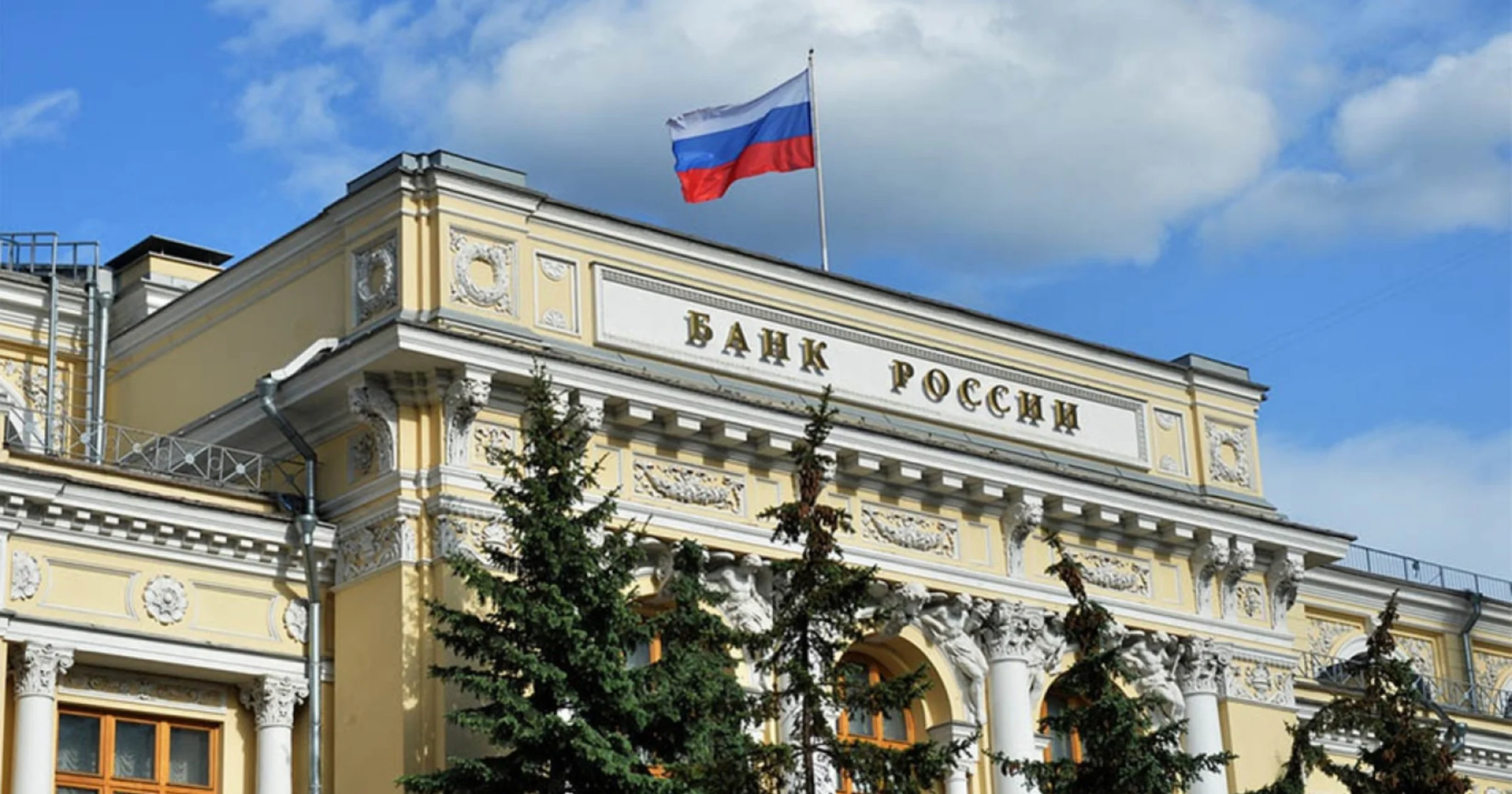Russia Moves to Legalize Crypto for Foreign Trade in Landmark Legislation


The is preparing to legalize the use of for international trade transactions, marking a significant policy shift aimed at boosting trade efficiency and circumventing financial sanctions. The agreement, reached by the and the Bank of Russia, paves the way for crypto legislation that will enable Russian entities to settle imports and exports using digital assets under regulated conditions.
Finance Minister Anton Siluanov during a strategic economic forum, describing it as essential for maintaining business continuity amid Western payment-system restrictions. Though domestic retail crypto use remains tightly controlled, the government views foreign-trade settlements as an area where digital assets can play a practical role.
Investor Takeaway
The legislation could open new demand channels for stablecoins and large-cap cryptocurrencies in global commerce.
Russia Crypto Legislation Slightly Changes Course
The shift in Russia comes at a time when users are grappling with international sanctions and severed access to global banking systems, such as SWIFT. Russian companies have increasingly turned to alternative options, including gold, netting arrangements and cryptocurrencies, to manage cross-border trade flows.
According to the Ministry of Finance, formalizing cryptocurrency use in foreign trade will bring greater transparency and oversight to what has primarily been a grey-area sector. Importers and exporters will be subject to regulated frameworks while benefiting from the speed and cost efficiency of digital asset settlement.
The crypto legislation under preparation will likely include recognition of cryptocurrencies as a valid settlement medium in foreign economic transactions, a regulatory framework involving both the Ministry of Finance and the central bank to overview transactions, impose requirements, ensure compliance, and exclude widespread domestic retail payments. That means cryptocurrency use will be restricted to foreign trade channels for now.
In other words, the authorities are focused on controlled liberalization rather than full crypto permissiveness. The reform is designed to allow for trade efficiencies while maintaining currency control and financial integrity secureguards intact.
Investor Takeaway
By formalizing crypto use in foreign trade, Russia is testing a model of controlled adoption that could influence other emerging markets.
Friendlier Crypto Legislation Could Open up Global Trade
The development of could reshape several areas of both the crypto market and international commerce. If executed, Russia could channel billions of dollars of trade volume through cryptocurrency-based settlement.
Analysts believe this could increase demand for global settlement tokens or stablecoins used in cross-border trade. Additionally, this could cause a geopolitical ripple effect, as Russia’s move reinforces the narrative that nations under sanctions or viewking alternatives to Western payment systems may adopt digital assets.
That could accelerate the development of jurisdiction-specific settlement rails outside the dollar-dominated system. While the policy is strategic, other countries may respond either by tightening controls or designing their own to retain a competitive edge in digital-asset settlement.
Overall, how the crypto legislation is implemented and how global markets respond will shape not just Russian crypto policy, but potentially the next phase of on-chain international trade.






